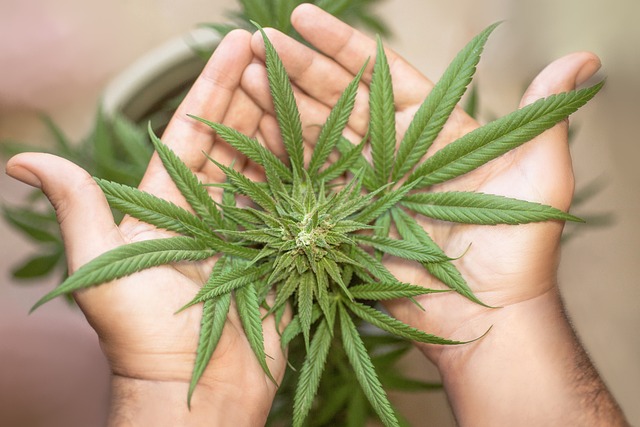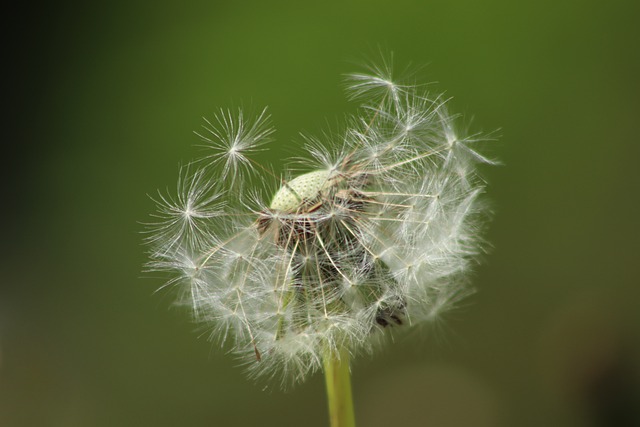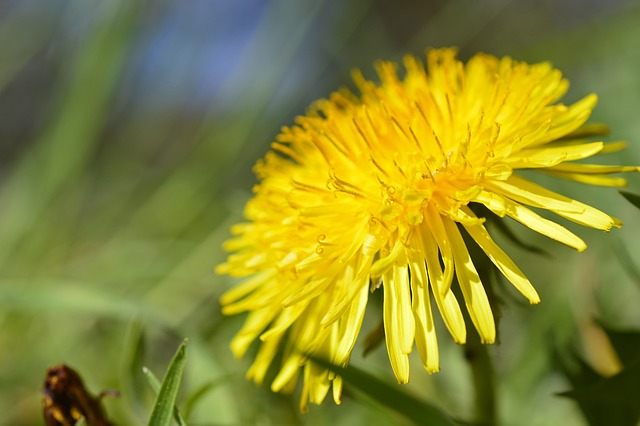South Carolina has legally recognized THCA (Tetrahydrocannabinolic Acid), a non-psychoactive compound found in hemp and cannabis, as per the 2018 Farm Bill, which federally legalized hemp derivatives containing less than 0.3% THC. The South Carolina Industrial Hemp Act of 2019 set forth regulations for hemp cultivation and processing, thereby legalizing THCA under specific conditions. This legislative move has allowed for research into the medicinal properties of THCA at state-approved institutions, revealing its potential therapeutic benefits such as pain relief and anti-inflammatory effects without psychoactive side effects. However, users should be cautious about potential side effects like dry mouth, red eyes, and drowsiness. It is essential for consumers to source THCA flower from reputable suppliers and consult healthcare professionals before use, especially if they have pre-existing health issues or are on other medications. As THCA is legal in South Carolina, individuals interested in its therapeutic properties should approach its use responsibly, with an understanding of the product's legality, their personal reaction to cannabinoids, and the importance of professional medical advice for safe and effective use within the state's regulatory framework.
Exploring the nuanced relationship between THCA flower usage and its implications within South Carolina’s legal framework, this article sheds light on the potential side effects associated with this emerging cannabinoid. As we delve into the health aspects and safety considerations, readers will gain a comprehensive understanding of how THCA flower can affect well-being. Whether you’re curious about its legal status or seeking insight on its impact, this piece will guide you through the intricacies surrounding THCA in South Carolina.
- Understanding THCA Flower: Legal Status and Side Effects in South Carolina
- The Potential Impact of THCA Flower on Health and Well-being
- Navigating the Side Effects and Safety Considerations of THCA Flower Use in South Carolina
Understanding THCA Flower: Legal Status and Side Effects in South Carolina

In South Carolina, the legal status of THCA flower, a non-psychoactive cannabinoid found in hemp and cannabis plants, has been subject to legislative evolution. The 2018 Farm Bill federally legalized hemp-derived products, including THCA, provided they contain less than 0.3% THC. This legislation opened a pathway for the use of THCA flower in various capacities within states that have established compatible regulations. In South Carolina, the passage of the South Carolina Industrial Hemp Act in 2019 set a framework for the cultivation and processing of hemp, effectively making THCA legal in South Carolina under certain conditions. This act paved the way for researchers at state-approved institutions to study hemp’s potential, including its cannabinoids like THCA.
THCA flower is celebrated for its therapeutic properties, which may include pain relief and anti-inflammatory effects without the psychoactive ‘high’ associated with delta-9-tetrahydrocannabinol (THC). However, as with any substance, it’s important to understand its potential side effects. Users may experience some adverse reactions, such as dry mouth, red eyes, drowsiness, and a temporary drop in blood pressure upon standing, known as orthostatic hypotension. Additionally, due to the lack of regulation in the early market for hemp-derived products, there have been concerns about the purity and potency of THCA flower available in South Carolina. Consumers should exercise caution and seek products from reputable sources to minimize risks and ensure compliance with state laws. It’s also advisable for individuals to consult with healthcare professionals before incorporating THCA flower into their wellness regimen, especially if they have underlying health conditions or are taking other medications.
The Potential Impact of THCA Flower on Health and Well-being

The THCA, or tetrahydrocannabinolic acid, is a non-psychoactive cannabinoid found in the cannabis plant that is gaining attention for its potential health benefits. While the legal landscape of cannabis and its derivatives varies across the United States, with THCA being legal in South Carolina under certain conditions, it’s crucial to understand how this compound might impact health and well-being. Research suggests that THCA may offer therapeutic properties without the psychoactive effects associated with THC, its decarboxylated form. Preliminary studies indicate that THCA could have anti-inflammatory, neuroprotective, and analgesic effects, which might be beneficial for a range of conditions including chronic pain, neurodegenerative diseases, and inflammatory disorders. Consumers in South Carolina interested in the potential wellness benefits of THCA flower should approach it with caution, as individual responses to cannabinoids can vary significantly. It’s also important to note that while there is growing interest in the therapeutic uses of THCA, more robust clinical trials are necessary to fully elucidate its effects on health and how these might be harnessed responsibly within legal frameworks. Users should always adhere to state regulations and consult healthcare professionals when considering any cannabis-related product for health purposes.
Navigating the Side Effects and Safety Considerations of THCA Flower Use in South Carolina

In South Carolina, the legal landscape regarding cannabinoids has seen a shift with the emergence of THCA (Tetrahydrocannabinolic Acid) as a non-psychoactive precursor to THC. As such, individuals interested in exploring the potential benefits and side effects of THCA flower must navigate this evolving legal terrain. THCA is considered legal in South Carolina under the 2018 Farm Bill, provided it contains less than 0.3% THC by dry weight. Users should be aware that while THCA itself does not produce psychoactive effects like its counterpart THC, it can still interact with the body’s endocannabinoid system and may cause certain side effects. These can include mild psychoactive effects if the THCA is improperly processed or if the product has a higher-than-expected percentage of THC. Users may also experience dry mouth, red eyes, altered mood, and potential gut issues. It’s crucial for consumers to procure THCA flowers from reputable sources to avoid unintended psychoactive effects and ensure product safety.
When considering the use of THCA flower in South Carolina, safety must be a priority. Users should start with low doses to gauge individual sensitivity and gradually increase consumption as needed. It’s important to keep THCA flowers out of reach of children and pets, given their sensitivity to cannabinoids. Additionally, individuals with pre-existing health conditions or those taking other medications should consult a healthcare professional before incorporating THCA flower into their routine due to the potential for drug interactions. Adhering to dosage guidelines and understanding the legal status of THCA products within the state are essential steps in ensuring safe use. As with any dietary supplement, personal experiences with THCA flowers may vary, and individual responses can differ significantly. Therefore, a careful approach, informed by accurate information and professional guidance when necessary, is key to safely exploring the potential benefits of THCA flower in South Carolina.
In South Carolina, the emergence of THCA flower as a subject of health discussions is accompanied by a growing understanding of its legal status. As outlined in the article, THCA flower, which is non-psychoactive and rich in cannabinoids, presents potential benefits for health and well-being when used responsibly. However, it’s crucial to approach its use with caution, as side effects can vary among individuals. By adhering to the guidelines and safety considerations detailed herein, users can navigate the effects of THCA flower effectively within the framework of its legal status in the state. It is the responsibility of both consumers and policymakers to stay informed on the evolving landscape of cannabinoid legislation and research to ensure safe and beneficial use of products like THCA flower in South Carolina.
